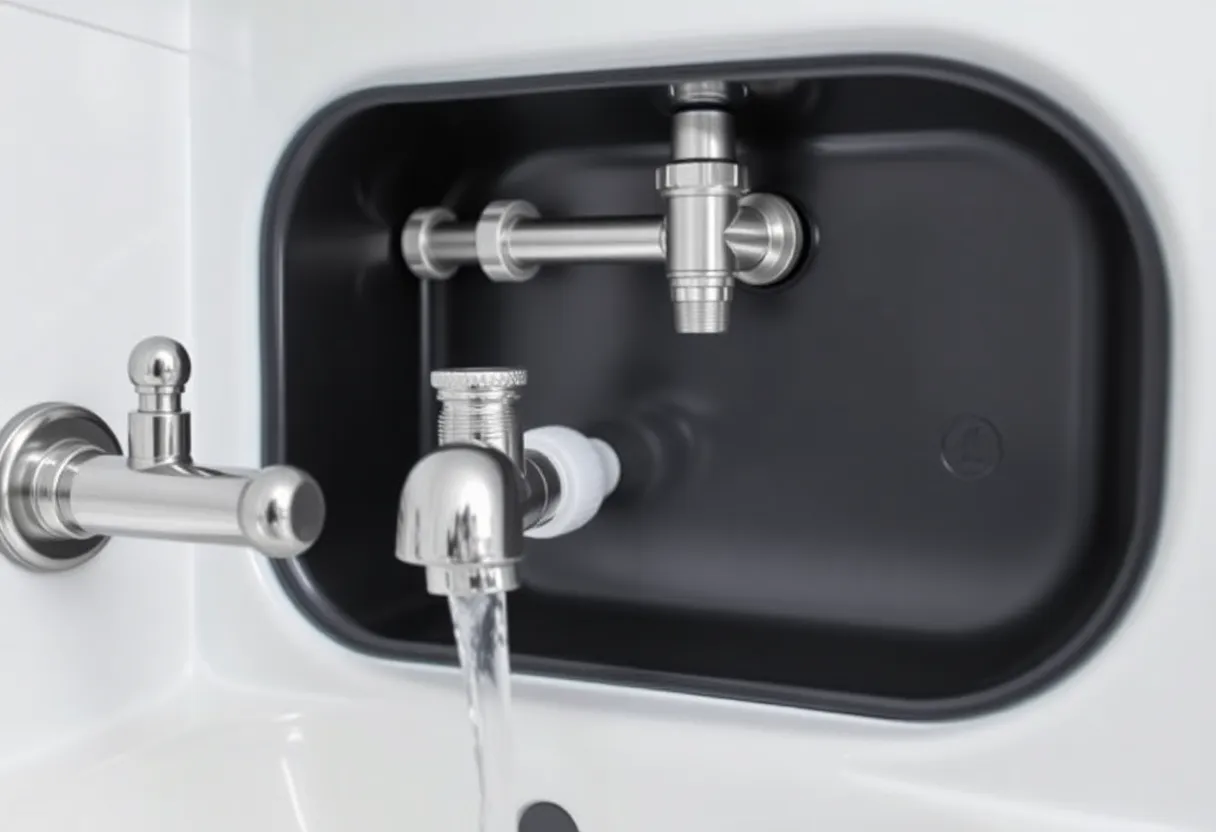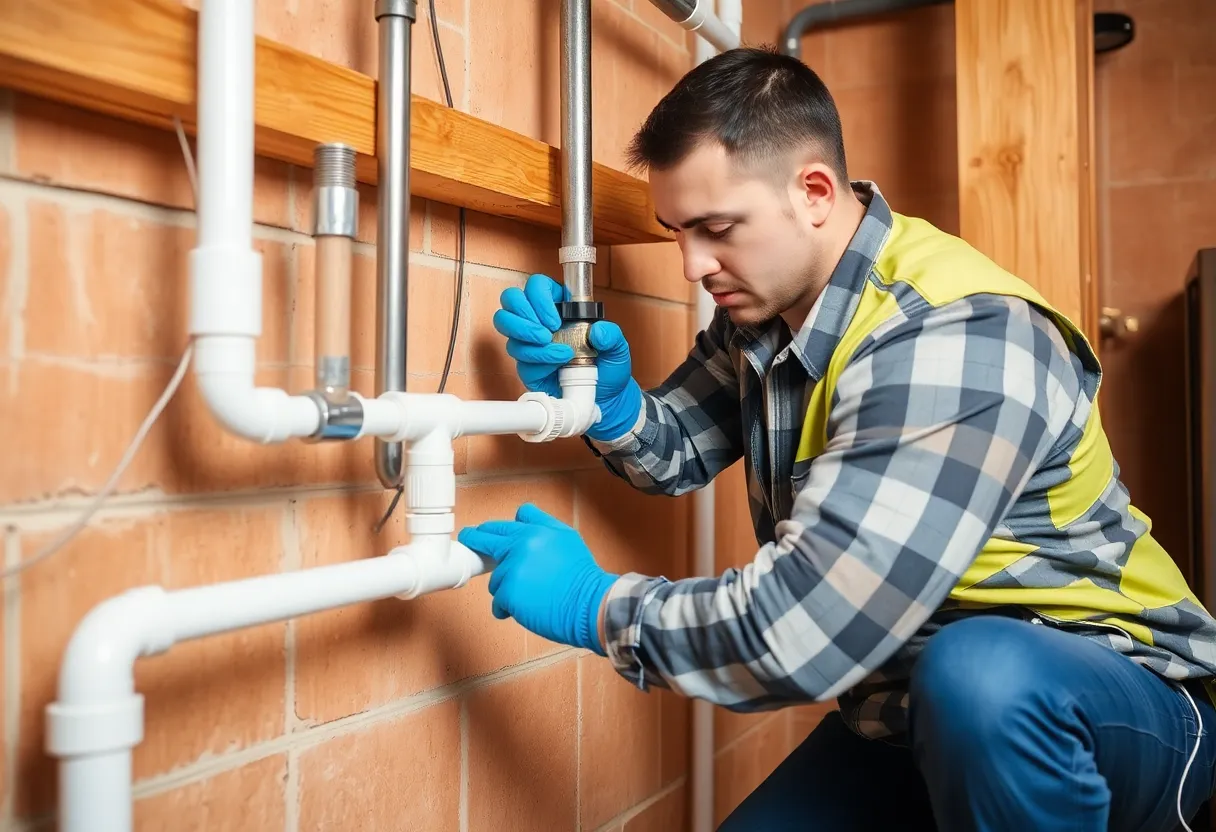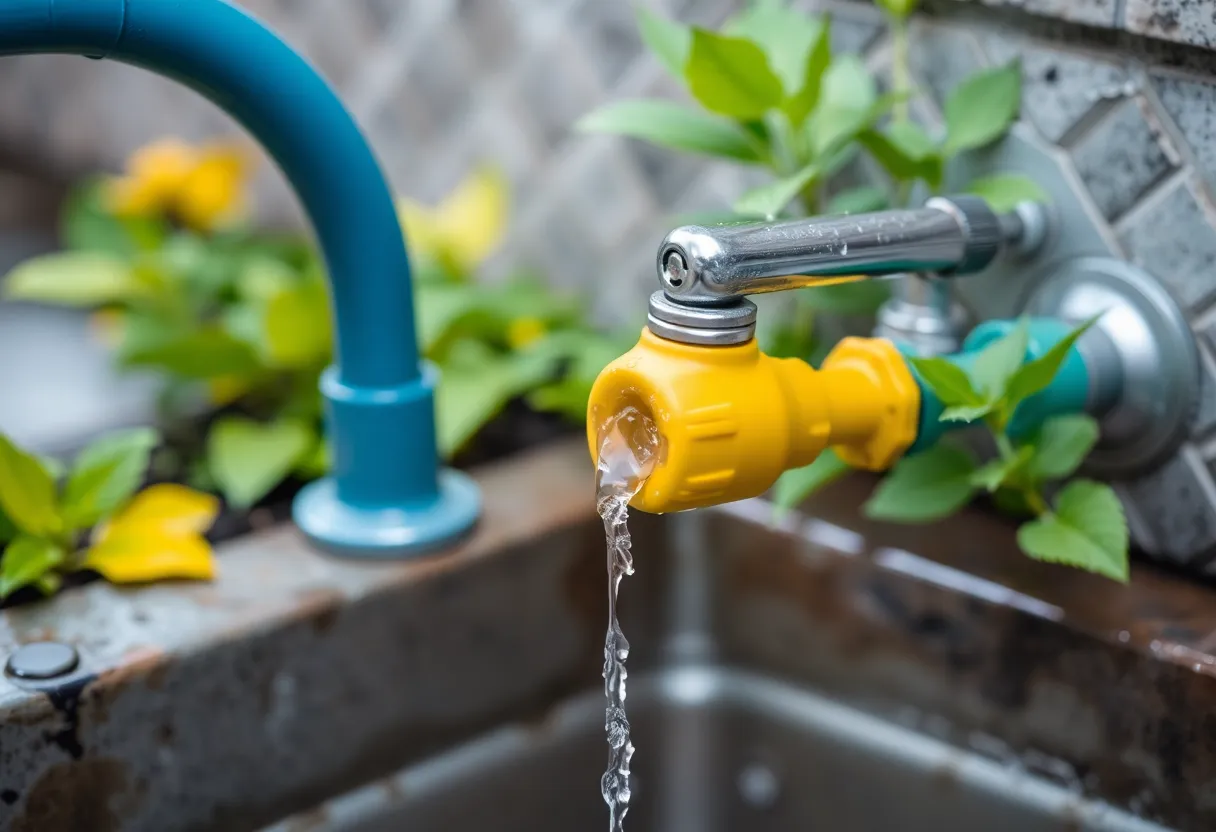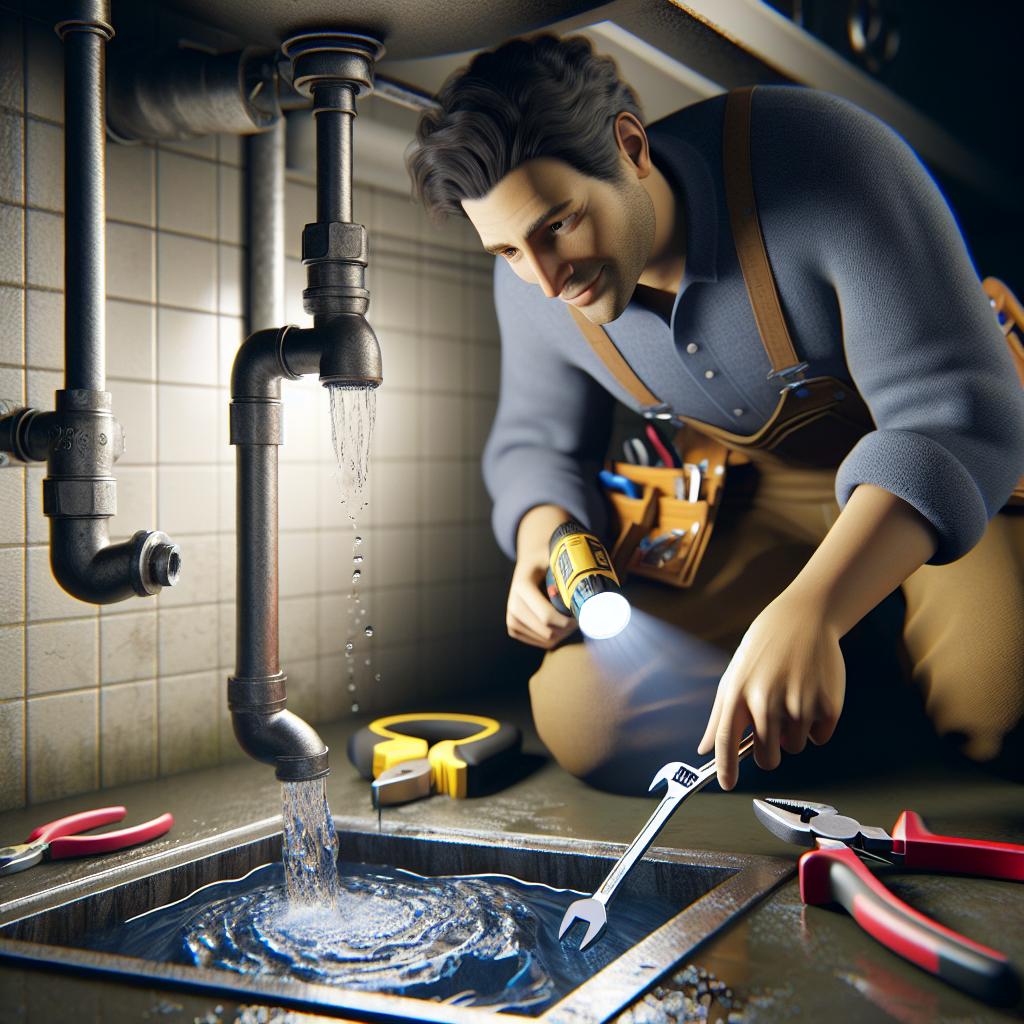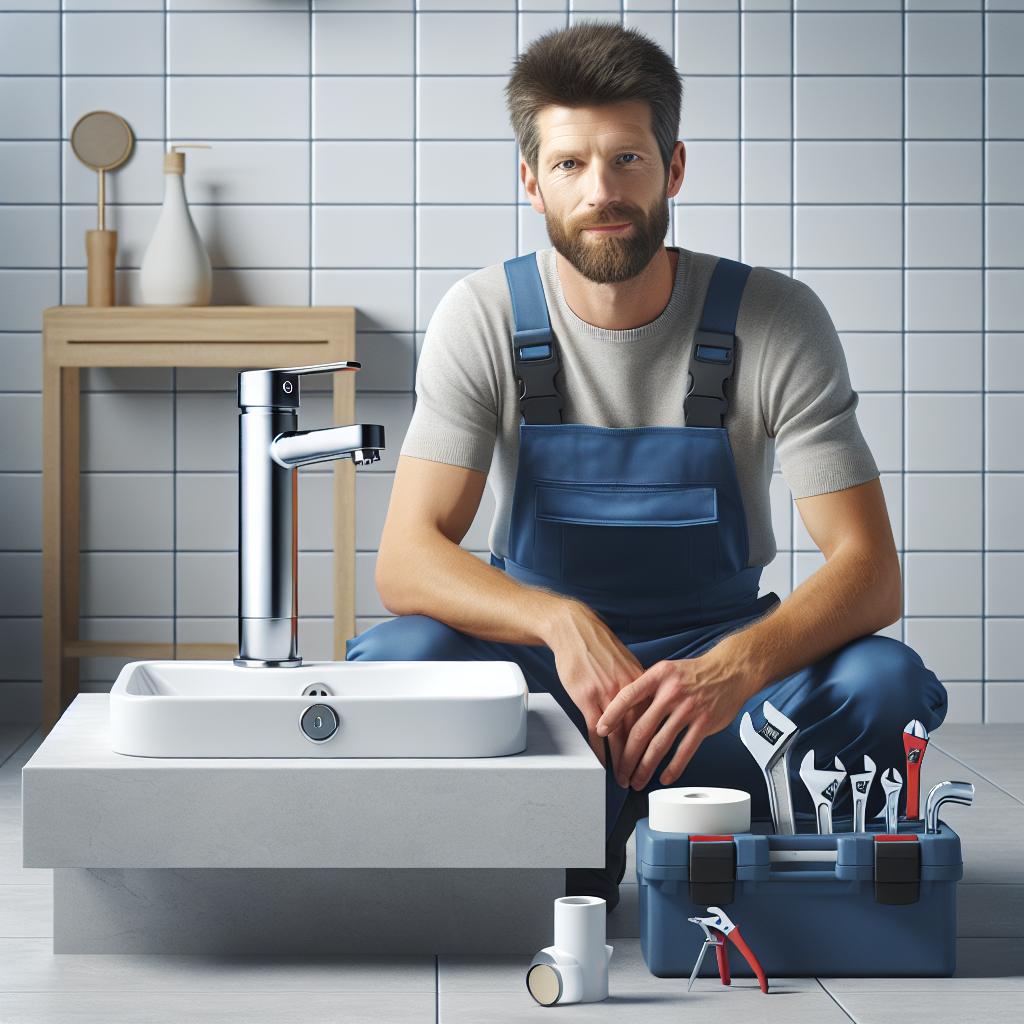The Plumbing Secret Playbook: 7 Hidden Tips to Prevent Costly Water Damage in Your Home
Water damage can be a homeowner’s worst nightmare. The damages can accumulate quickly, leading to extensive repairs that could have been easily avoided. However, by implementing some crucial preventative measures, you can protect your home from potential water-related disasters. Here, we are unveiling _7 hidden tips_ that will help you keep your plumbing in check and avert expensive water damage.
Tip 1: Regularly Inspect Your Plumbing System
Maintaining your plumbing system should be a routine part of home maintenance. Overlooking small issues can lead to more significant problems down the line.
What to Look For
- Check for _leaky faucets_ and _pipes_.
- Inspect your water heater for any signs of rust or leakage.
- Examine caulking around bathtubs, showers, and sinks.
- Look out for any _unusual water stains_ on walls or ceilings.
Frequency of Inspections
Consider scheduling professional plumbing inspections at least once a year. This service can help identify hidden issues before they escalate into significant problems.
Tip 2: Know Your Water Shut-Off Valve
Understanding where your main water shut-off valve is located is crucial. In the event of a burst pipe or significant leak, turning off the water supply can save you from extensive damage.
How to Find It
- Check your basement or crawl space; valves are often located close to the front foundation.
- In apartments, the valve may be found in the kitchen or bathroom under the sink.
Practice Turning It Off
Make it a habit to turn off the valve occasionally to ensure it operates correctly. This action can significantly minimize water damage during emergencies.
Tip 3: Maintain Your Gutters and Downspouts
Ensuring that your gutters and downspouts are functioning efficiently is critical in preventing water damage. Clogged gutters can cause water to overflow, leading to erosion and damage to the foundation of your home.
Cleaning Schedule
- Clean your gutters at least twice a year, particularly during the fall when leaves are abundant.
- Inspect downspouts to ensure they direct water far away from your home’s foundation.
Use Gutter Guards
Consider installing _gutter guards_ to minimize debris accumulation, reducing the need for frequent cleanings.
Tip 4: Be Mindful of What Goes Down the Drain
Most homeowners may not realize that their choices contribute significantly to plumbing issues. _Grease, hair, and non-biodegradable items_ can lead to serious clogs.
Proper Disposal Techniques
- Never pour grease down the kitchen sink. Instead, allow it to cool and dispose of it in the trash.
- Use strainers in sinks, tubs, and showers to catch hair and food particles.
Regular Drain Maintenance
Occasionally, use a mixture of baking soda and vinegar to clean your drains naturally and help prevent clogs.
Tip 5: Monitor Your Water Bill
Your water bill can reveal a lot about your household’s water usage. A sudden spike in your bill could indicate a hidden leak somewhere in your plumbing system.
What to Watch For
- Check for increasing trends over a few months.
- If you notice sudden jumps without changes in usage, investigate further.
Tracking Usage
Consider using water monitoring devices that can provide real-time feedback and alert you of any discrepancies.
Tip 6: Insulate Pipes During Winter
If you live in an area that experiences freezing temperatures, _insulating your pipes_ is vital to prevent them from freezing and bursting.
Effective Insulation Methods
- Use _foam pipe insulation_ sleeves for exposed pipes in unheated areas.
- Open cabinet doors under sinks to allow warm air to circulate.
Stay Vigilant
Keep an eye on the temperature and be proactive about protecting your plumbing if severe weather is expected.
Tip 7: Know When to Call a Professional
Understanding your limits is essential. Some plumbing issues are complex and require a licensed plumber’s expertise. Have a trusted plumber’s contact information readily available in case you need assistance.
Identifying When to Seek Help
- If you experience persistent leaks that you cannot address.
- When your drains frequently clog despite regular maintenance.
Choosing the Right Professional
Research qualified plumbers in your area, and read reviews to ensure you choose someone reputable. Accumulating recommendations can also help you find the best service.
Conclusion
Preventing _costly water damage_ in your home requires ongoing effort, attention, and a willingness to implement these _7 hidden tips_ into your routine. By adopting these practices, you not only safeguard your home but also extend the life of your plumbing system.
Taking the time to inspect your plumbing, being mindful of what goes down your drains, and understanding emergency procedures are all critical steps in protecting one of your most valuable assets—your home. Implement these tips, and you’re well on your way to a secure and damage-free living environment.






